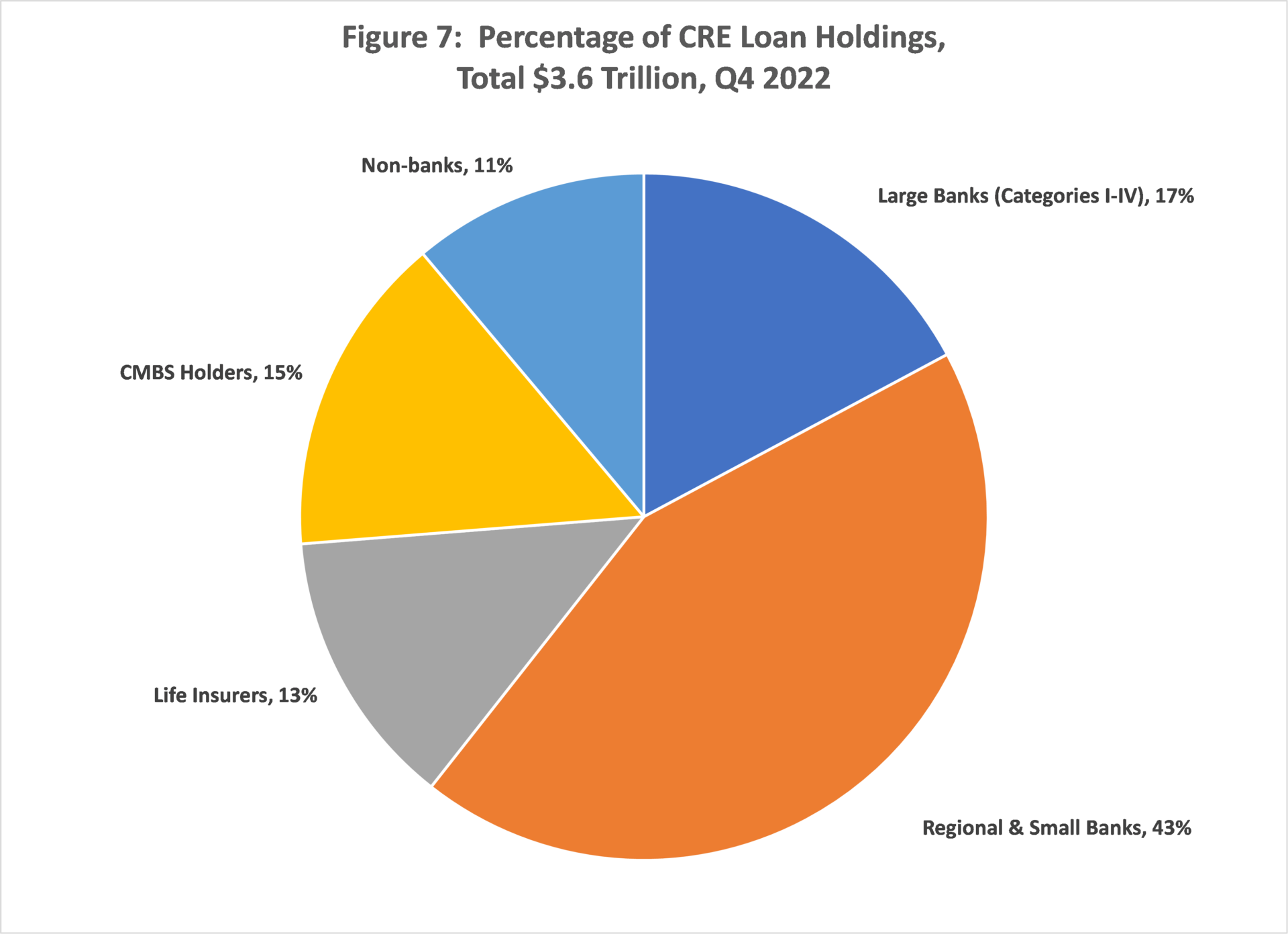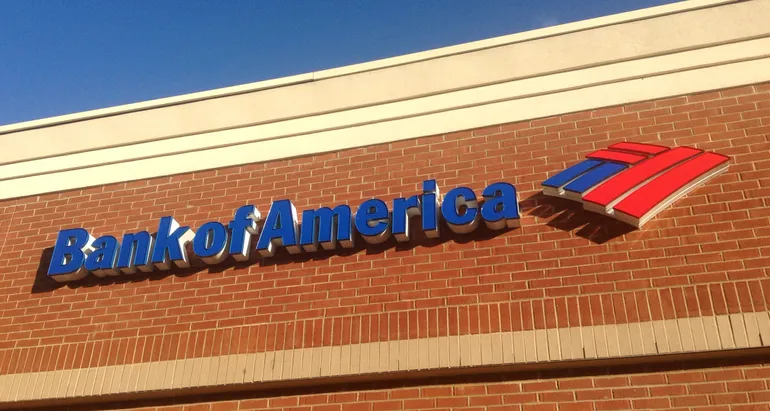trending
neon
Cirque du Soleil offers summer ticket deals
dining out
Celebs ditch the Strip for iconic Henderson restaurant
july 
trending
neon
Cirque du Soleil offers summer ticket deals
dining out
Celebs ditch the Strip for iconic Henderson restaurant
july 

Wells Fargo is launching its new digital wallet, designed to compete with major fintech players like PayPal and Apple Pay. The new wallet aims to provide secure, seamless digital payments, leveraging Wells Fargo’s existing infrastructure and customer base




In a bold move to secure its place in the growing digital payments market, Wells Fargo has launched its new digital wallet designed to compete directly with leading fintech platforms such as PayPal, Apple Pay, and Google Pay. With the launch of this new wallet, Wells Fargo aims to expand its digital presence and offer an alternative that leverages its established infrastructure and vast customer base.
The new digital wallet, which integrates with both mobile devices and smartwatches, is expected to give Wells Fargo a competitive edge as it moves further into the fintech space. The wallet will allow customers to make contactless payments, transfer money between accounts, and manage their financial transactions, all while benefiting from the security and customer service that Wells Fargo is known for.
The digital payments market is a rapidly growing sector, with fintech companies like PayPal, Square, and Apple Pay leading the charge. As more consumers turn to digital wallets and contactless payments, traditional financial institutions like Wells Fargo are seeking ways to stay competitive and maintain relevance in the changing landscape of financial services.
Wells Fargo’s digital wallet aims to provide a comprehensive, secure, and easy-to-use solution for its customers while offering competitive features like P2P payments, contactless transactions, and rewards programs. By leveraging its existing customer base and integrating the new wallet with Wells Fargo’s vast network of ATMs, branches, and online banking services, the bank is positioning itself as a strong competitor in the digital payment space.
The rise of fintech companies has posed a significant challenge to traditional banks, but Wells Fargo’s new digital wallet is an indication that the bank is taking bold steps to embrace technology and innovation. As the digital wallet market continues to grow, banks that fail to adapt may risk losing ground to more tech-savvy competitors.
While Wells Fargo’s digital wallet has the potential to disrupt the fintech market, it also faces a few key challenges:
The future of digital payments is undeniably bright, with mobile wallets and contactless payment solutions leading the way. As more consumers embrace digital-first solutions, banks like Wells Fargo will need to continue innovating and adapting to meet the growing demand for secure, efficient, and convenient payment methods.
With its new digital wallet, Wells Fargo is taking a bold step into the future of banking and digital finance. The bank’s ability to adapt to the changing market and successfully compete with fintech giants will likely determine its success in the digital payment arena in the years to come.
Wells Fargo is launching its new digital wallet, designed to compete with major fintech players like PayPal and Apple Pay. The new wallet aims to provide secure, seamless digital payments, leveraging Wells Fargo’s existing infrastructure and customer base
the latest

SBA Lending Programs in the Spotlight for Small Business Growth
The Small Business Administration (SBA) has highlighted its lending programs as key drivers for small business growth. These programs, including the 7(a) loan and 504 loan, provide crucial funding to entrepreneurs, especially those from underrepresented communities.

Treasury Department Announces New Banking Policies for Foreign Investors
The U.S. Treasury Department has unveiled new banking policies aimed at regulating foreign investments. These policies are designed to enhance national security and ensure that foreign investors comply with stricter guidelines when investing in key industries.

Major Banks Face Scrutiny Over Lending Practices Post-Pandemic
Major banks are facing increased scrutiny over their lending practices following the pandemic. Regulators are investigating whether certain loan policies and interest rates disproportionately affected certain communities, leading to concerns about discriminatory lending and financial stability

Bank of America Launches Green Investment Fund
Bank of America has launched a new green investment fund, aimed at supporting sustainable projects and environmentally-conscious initiatives. The fund will focus on financing renewable energy, green infrastructure, and eco-friendly technologies to help accelerate the transition to a low-carbon economy

Rising Mortgage Rates Impacting Homebuyers & Lenders
The sharp increase in mortgage rates has begun to significantly impact both homebuyers and lenders. With higher interest rates, potential buyers are facing affordability challenges, while lenders are grappling with lower loan demand and increased risk in the housing marke

Banks Explore AI for Fraud Prevention & Customer Service
Banks are increasingly adopting AI-driven technologies to combat fraud and improve customer service. AI-powered tools enable real-time fraud detection, personalized banking experiences, and enhanced risk assessment, ensuring greater security and efficiency in the financial sector

New Regulations for Digital Banking and Crypto Investments
The government has announced new regulations for digital banking and cryptocurrency investments to enhance security, transparency, and consumer protection. The rules aim to prevent fraud, ensure compliance, and create a stable financial ecosystem for digital assets

The Role of U.S. Banking Regulations in Investment Decisions
U.S. banking regulations play a critical role in shaping investment decisions. This article explores how changes in banking rules influence market behavior, investor confidence, and capital flow

Analyzing U.S. Banking Regulations and Investment Performance
U.S. banking regulations have a significant impact on investment performance. This article explores how these rules shape the financial landscape and affect investor returns